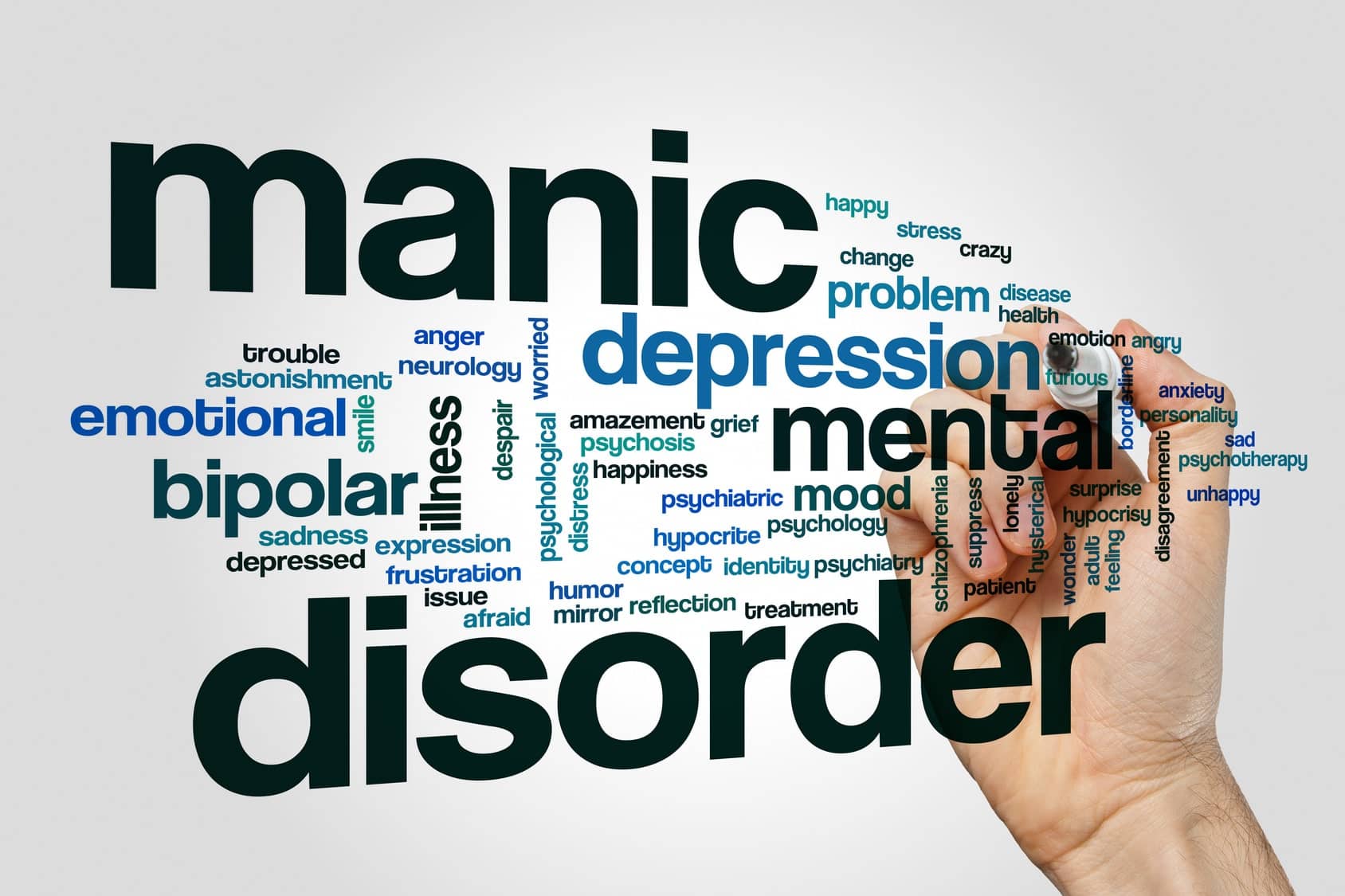What is Borderline Personality Disorder?
Borderline Personality Disorder (BPD) is a very complex and commonly misunderstood difficulty which affects approximately 1.6% of the population, although many go undiagnosed. Suffering from BPD often goes hand in hand with interpersonal difficulties, anxiety, low moods, difficulty with education and work as well as drug abuse and risky behaviour. Development of this can be caused by an interaction between both genetic and environmental factors, however, abuse during childhood is often a commonality between a majority of sufferers. This can include anything from poor attachment to sexual and physical abuse.
Common symptoms of BPD include the following:
- Unstable interpersonal relationships including idealisation and devaluation
- Impulsivity
- Substance abuse
- Self-harm and Suicidal ideations
- Chronically feeling “empty”
- Unstable sense of self
- Fear of abandonment
- Intense emotional instability
- Dissociation
A common defence mechanism used by those suffering with BPD is referred to as “splitting” where it is difficult to rationally view another person and you see them as “good” or “bad” with no in-between, which can often cause interpersonal difficulties, particularly in romantic relationships. This cognitive distortion is also known as “black and white thinking” and can be applied outside of interpersonal relationships as well.
There is still a lot of stigma surrounding BPD and it can often be demonised as it’s highly misunderstood. So, a diagnosis of BPD may mean different things to different people. For some, it can be reassuring to label and understand your difficulties, whereas for others, the label may not be necessary and can often be overwhelming. Regardless of where you stand, you will be able to access treatment for your difficulties even if it means naming and working through them individually, rather than seeing them as a personality disorder as a whole.
What Treatment is available?
Medication is still a developing idea in the field of BPD although some mood stabilisers, antidepressants and antipsychotics can be administered to treat some symptoms.
The most successful treatment for BPD to date is psychotherapy, with the three main evidence-based approaches being the following:
- Dialectical Behaviour Therapy (DBT) which uses a combination of techniques to approach difficulties such as distress tolerance, interpersonal relationships and mindfulness
- Metalizing-Based Therapy (MBT) which supports emotional regulation and understanding yourself as well as interpersonal relationships
- Transference-Focused Psychotherapy (TFP) which focuses on the therapeutic relationship which in turn, helps understand and develop interpersonal relationships
Talking therapy can be a great way to develop healthy coping mechanisms for your difficulties as well as to gain an understanding and work through the trauma which may have led up to the development of them. MBT and DBT can be offered as group therapies however, all approaches can be done on an individual basis. There is no set timeframe for the therapy as this can vary from person to person but many DBT and MBT groups can last anywhere from 12-18 months.
There is always hope in treating Borderline Personality Disorder (BPD) and most people who have undergone therapeutic treatment develop long-term coping mechanisms which allow them to stabilise their emotions and live a much more positive and healthy life.
If you feel like you are experiencing any of the symptoms above, click here to either book an appointment with a specialist practitioner at Private Therapy Clinic or book a free 15-minute consultation with one of our therapists.















